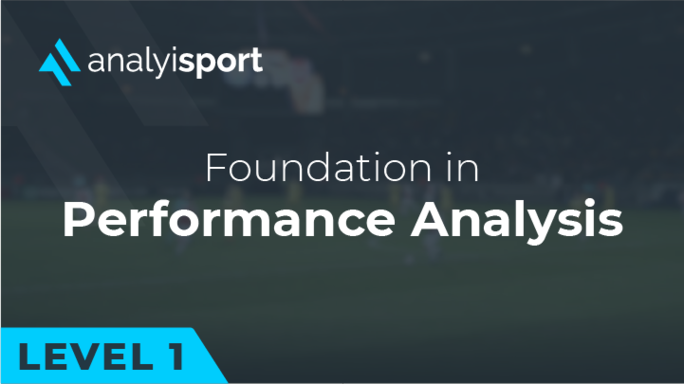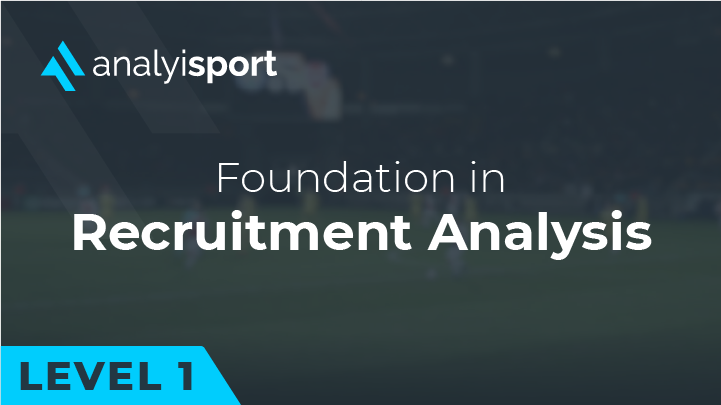Working As An Analyst – Working Overseas
When Arsène Wenger became Arsenal manager in the 1990s, it was still rare for a manager to move abroad. Now it’s common for managers and their coaching teams to join a club based in a different country. At the start of the 2022/23 season, there are managers from 13 different countries in charge of English Premier League sides. It’s also becoming more common for analysts to work abroad. The nature of analysis work, with its focus on data and video, means that some analysts can even work for an overseas club without leaving their home country.
We spoke to one of our experts, who’s worked as a coach in German football and an assistant manager in English football, about the challenges that can arise for analysts working with background staff from other nations. In order to be able to talk freely, he wished to remain anonymous.
It’s now common for analysts to work with managers, coaches and other staff from different countries and cultures. In a lot of cases, this means that there is initially a language barrier to be overcome. This is made more complicated because in football, there’s a lot of precise terminology that doesn’t always translate easily.
“The most important part is to be clear and agree on certain phrases, under which everybody involved understands the exact same thing,” says our source. Misunderstandings can also be sorted out by watching game footage together and discussing it. When you have video footage in front of you, it’s easier to clear up any confusion caused by specialist vocabulary.
The language challenges are the biggest ones and the most important to work on and to solve. However, there are also cultural challenges that can arise. For example, the training which the analyst or the coach has received can vary between countries. The preferred working hours and schedule are sometimes different from what the analyst might be used to.
Our source has worked in both England and Germany and he’s noticed certain cultural differences between English and German football.
“The English fan culture is very different to start with,” he tells us. “And therefore the atmosphere is very different in German and English grounds. While the German supporters are singing for nearly the whole game, the English supporters are much more reacting to what happens on the pitch. If their team is under pressure, the fans get more nervous, when their team is positive and attacking, the supporters get much more excited and create a thrilling atmosphere.”
The supporters are also a bigger part of daily football life in Germany, as they can watch the team’s training sessions nearly every day. This means that the players spend a lot more time in close proximity to supporters and they’re more likely to meet them before or after training for an autograph or photo.
These differences might have a bigger impact on the players than the backroom staff, but cultural differences on the pitch are something that an analyst needs to take into account. “English football is very fast, very physical and most of the time very attacking. German football in comparison is slower, the teams are more hesitative and try to avoid early mistakes and goals,” says our source. It’s important for an analyst to take these differences into account when analysing data and video footage. It would be foolish to interpret the tactics of an English team by the conventions of German football.
Another significant difference is the season schedule. In Germany, there’s a winter break of around 2-3 weeks. In England, there’s less of a winter break, especially outside the Premier League, and the winter games, especially over the Christmas period, are among the most anticipated of the season. The leagues in England also tend to include more teams, up to 24 teams in the EFL divisions, and this means there are more games to be played. This has a significant impact on the training schedule.
“German teams usually play on the weekends. They very rarely play mid-week games. The training load and volume is higher in Germany, justified by the longer time players have to recover. English players are used to playing a game every three days and therefore the volume of training is lower, although the intensity is as high as anywhere else,” says our source.
This packed schedule means that analysts in England sometimes have to work at a quicker rate and have less time to present analysis to players than analysts working in Germany.
With these cultural differences, there isn’t a right way or a wrong way to go about things. The important thing is to adapt to the football culture you are working in. Not only will this help you and the coaching staff build a better relationship, but it will also make you a better analyst with a broader range of skills.
Related Courses:

- Level 1
- Course
Level 1: Foundation in Performance Analysis in Football
£199.00 Original price was: £199.00.£85.00Current price is: £85.00.

- Level 1
- Course
Level 1: Foundation in Recruitment Analysis in Football
£199.00 Original price was: £199.00.£85.00Current price is: £85.00.
Share this article
Our Learning Pathways
AnalyiSport is for everyone who is passionate about analysis in football. Where are you in your development journey?
Become a Football Scout
As more clubs than ever look to build data into their recruitment process, an understanding of recruitment analysis is your ticket to success in the game.
Related Articles
Our team provides news and insights from the cutting edge of football analysis.





